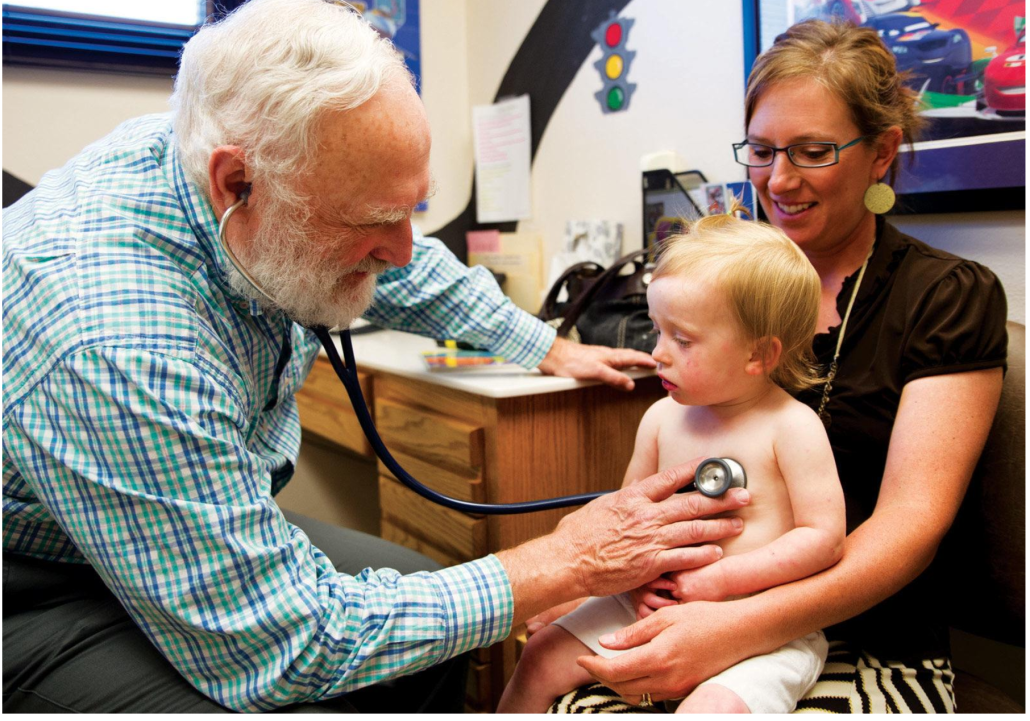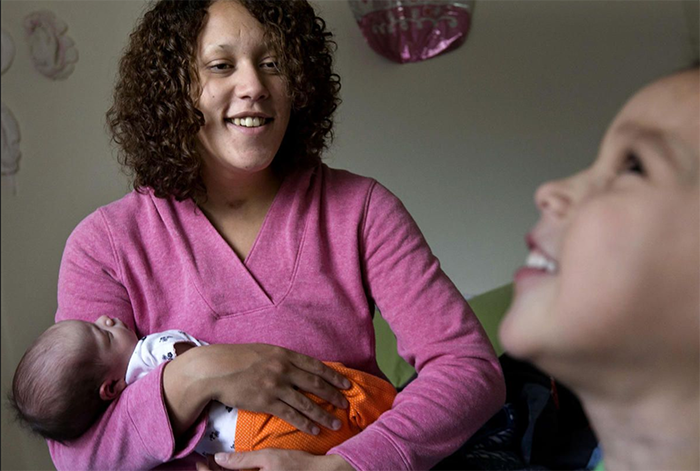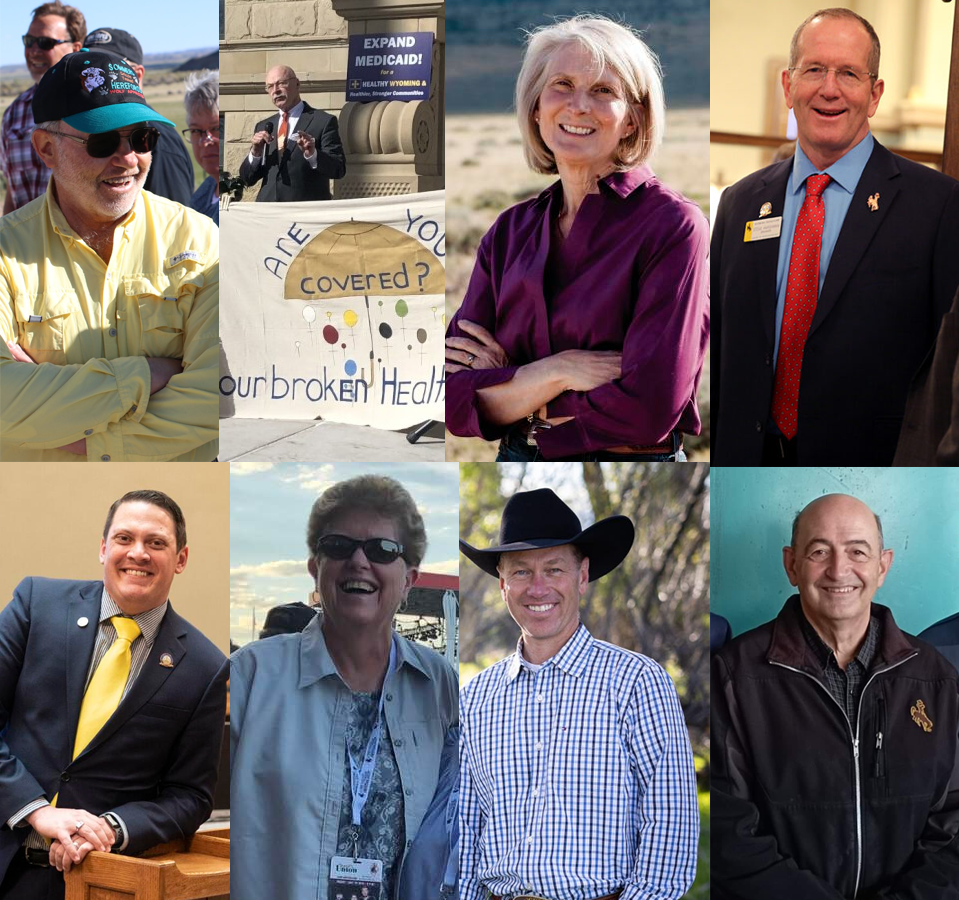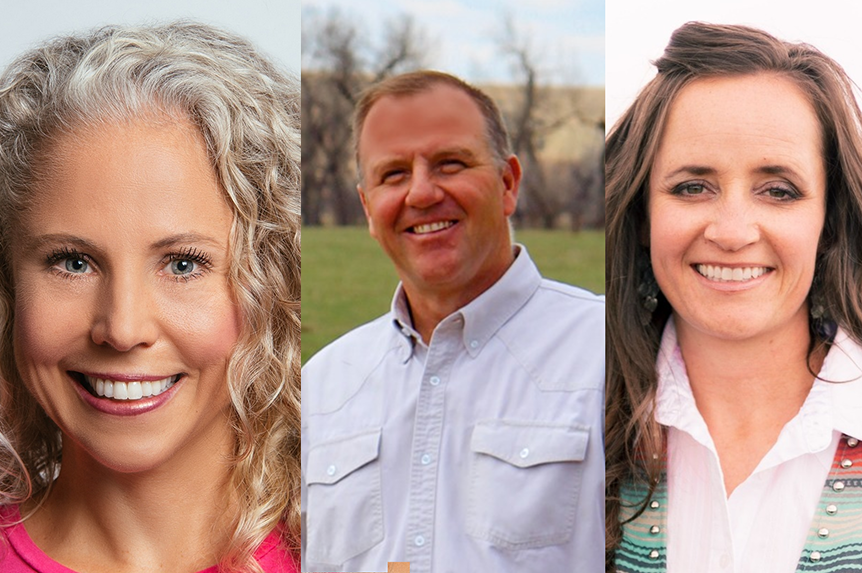SAVE OUR CHILDREN: Wyo. lawmakers allow thousands of kids to lose healthcare coverage
Wyoming lawmakers always claim they want to “save the children” when attempting to ban books, police teachers, or stop kids from receiving gender-affirming healthcare.
But these same lawmakers are currently twiddling their thumbs as a bureaucratic boondoggle results in 7,500 Wyoming children losing basic access to medical care.
This is the rough number of children who have lost health coverage via Wyoming Medicaid in recent months.
Without the ability to go to the doctor, these kids are at risk of missing checkups, absence from school from needlessly prolonged illness, and even the threat of simple ailments turning into lifelong problems.
Thousands have already lost Medicaid coverage—not because they’re ineligible, but because of a glitchy paperwork process.
In Wyoming, most Medicaid recipients are children. Normally, parents of children who receive health coverage through Medicaid must reapply each year to prove their eligibility.
But during the COVID-19 pandemic, states like Wyoming that received federal relief were prohibited from removing people from their Medicaid programs. So, that reapplication process was paused.
When things went back to normal this spring and people had to update their paperwork, the results were chaotic: families had moved and couldn’t be reached to reapply; newly enrolled families had no experience with the paperwork process; and for many working families with kids, it was simply lost among the shuffle of hectic life.
Thousands have already lost Medicaid health coverage—not because they’re ineligible, but because of a glitchy paperwork process. Many more will lose coverage as the disenrollment period continues though next April.
Across the nation, state health departments have struggled with this reapplication process.
The Wyoming Department of Health has had particular trouble, in part because it’s still recovering from $100 million in budget cuts by the Legislature in 2021.
Wyoming health agents trying to make sure eligible people are enrolled are also handcuffed by some of the strictest Medicaid requirements in the nation, since the Legislature continues to refuse to expand the program.
In a dozen other U.S. states struggling with similar Medicaid reapplication problems, lawmakers have chosen to pause the Medicaid reapplication process to keep fewer eligible people from losing their healthcare while they sort things out.
But as 7,500 Wyoming children have lost their health insurance—and there are more to come—we’ll see how serious Wyoming policymakers are about “saving the children.”
Families and clinics struggle
Only kids in low-income households in Wyoming qualify for Medicaid—the threshold is about 154 percent of the federal poverty level. For a single parent with two kids, that’s about $37,000 a year.
A related program, Kid Care CHIP, offers coverage for kids in households that earn too much to qualify for Medicaid but still can’t afford expensive health insurance. The threshold for that program is 200 percent of the FPL.
“Medicaid has been a lifesaver for many, many Wyoming children.”
Both Wyoming Medicaid and Kid Care CHIP are affected by the current reapplication mess.
Losing health coverage can have a significant impact on children’s health. The inability to see a doctor regularly means less preventive care, and creates gaps in managing chronic conditions. Vision, dental and prescription coverage disappears. Meanwhile, low-income families receive large medical bills they can’t afford to pay.
“Medicaid has been a lifesaver for many, many children,” retired Sheridan pediatrician Barry Wohl told Better Wyoming.
Wohl said in many pediatric practices, up to 40 percent of their patients are on Medicaid and Kid Care CHIP. That figure has increased in many Wyoming communities since the pandemic.
But thanks to problems with the reapplication process, more than 10,000 Wyomingites total have lost their Medicaid coverage, and the vast majority of them are children.

That’s one in nine Wyoming recipients now struggling to either get back in the program, or try to find alternative insurance options that typically aren’t available.
Most were “procedural terminations” that led to lost coverage because recipients didn’t complete the renewal process on time.
In a nationwide survey of people who lost coverage, the Kaiser Family Foundation found more than half were unaware they could lose coverage. Some forms were sent to old addresses, filled out incorrectly, or missed by those who didn’t understand the consequences of not responding.
Wohl noted that, in addition to the problems kids and families will face from losing health coverage, “It will also be stressful for many pediatric practices.”
Jan Cartwright, former director of the Wyoming Primary Care Association said many community health centers rely on reimbursement from Medicaid for their minimal revenue streams.
With so many people losing coverage, these centers—which serve the poorest people in many Wyoming communities—will experience a “big hit.”
Medicaid reimbursements also reduce millions of dollars of uncompensated care that healthcare facilities accrue from treating the uninsured.
Wyo. can pause the purge
Kristin Page-Nei, Wyoming government relations director at the American Cancer Society’s Cancer Action Network, said the group is calling on the state Department of Health to pause the rewinding process temporarily so more Wyomingites don’t lose critical coverage.
Other states have taken this step: According to CNN, similar action has been approved in 12 states that have made arrangements with the Centers for Medicare and Medicaid. In some cases the delay is up to 90 days.
“A temporary pause will provide the opportunity to improve the process, including being diligent in assessing and confirming that those losing coverage are, in fact, no longer eligible,” Page-Nei said in a news release. She added it’s critical to ensure continuity of care for patients who need access to timely screenings and continued treatment.
The high number of people who have lost coverage has renewed calls to expand Medicaid. Wyoming is one of only 10 states that have rejected expansion, which would enable an estimated 19,000 low-income adults to receive health insurance.
“Forty other states are doing very well with expanded Medicaid, and I think their populations are healthier because of it,” Cartwright said.
“We certainly understand that the Department of Health is doing its best to determine eligibility for the program through rewinding,” she added. “However, those numbers can be exceeded by the number of people who would be eligible if we were able to expand Medicaid.”






